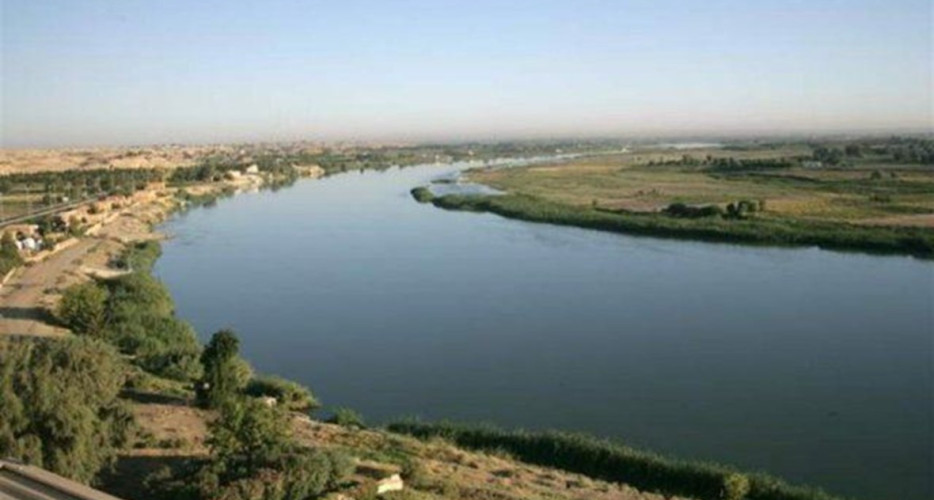
Peregraf
Turkey has pledged to increase water releases from its dams into Iraq, offering temporary relief to a country grappling with one of the most severe droughts in its modern history, Iraq’s Ministry of Water Resources announced on Friday.
Water Resources Minister Aoun Diab said he contacted Ankara to request higher flows in the Tigris and Euphrates rivers to help Iraq overcome its worsening shortage and preserve environmental stability. "Turkey showed complete understanding of the crisis and promised to increase the quantities of water released… within the framework of joint cooperation, understandings, and good relations with neighboring Turkey," the ministry said in a statement.
Iraq depends heavily on the Tigris and Euphrates, both originating in Turkey, for drinking water, agriculture, and power generation. However, large-scale Turkish dam projects, particularly the Southeastern Anatolia Project (GAP), have significantly reduced flows, leaving Iraq with less than 40 percent of its historical water share. The crisis has already forced many Iraqis to abandon villages and farmland as desertification accelerates.
The pledge came days after a flurry of diplomatic and internal meetings in Baghdad underscored the government’s growing focus on water security. On August 31, Deputy Prime Minister and Foreign Minister Fuad Hussein met with a high-level Turkish delegation led by Ambassador Ali Reza. Talks centered on strengthening cooperation in water management and trade. Hussein reaffirmed that securing Iraq’s water rights is a "national priority," while Reza emphasized Ankara’s readiness to deepen ties.
That same day, Hussein chaired an expanded session with senior diplomats and representatives from the Ministries of Water Resources, Agriculture, and Environment. Participants reviewed studies highlighting Iraq’s shrinking reservoirs, falling groundwater levels, and mounting risks to food security. "The water crisis directly affects all aspects of life," Hussein said, stressing the need for immediate conservation measures alongside long-term strategies.
Prime Minister Mohammed Shia al-Sudani also convened the Supreme Water Council on August 28, approving urgent steps such as shifting to low water-consuming crops, modernizing irrigation, and negotiating directly with Turkey and Iran for higher releases.
Despite these efforts, mismanagement inside Iraq continues to deepen the crisis. A Peregraf investigation found that more than 1,650 springs in the Kurdistan Region have dried up, groundwater in Erbil has fallen nearly 500 meters since the 1990s, and reservoirs like Dukan and Darbandikhan are at critically low levels.
Experts warn that without decisive action, Iraq faces agricultural collapse and irreversible desertification. "If no action is taken, both surface and groundwater are at risk," said water resources specialist Dr. Abdullah Botani. Analyst Sarmad Latif added, "Iraq now ranks among the lowest globally in water security. The future is bleak unless strategic planning begins immediately."